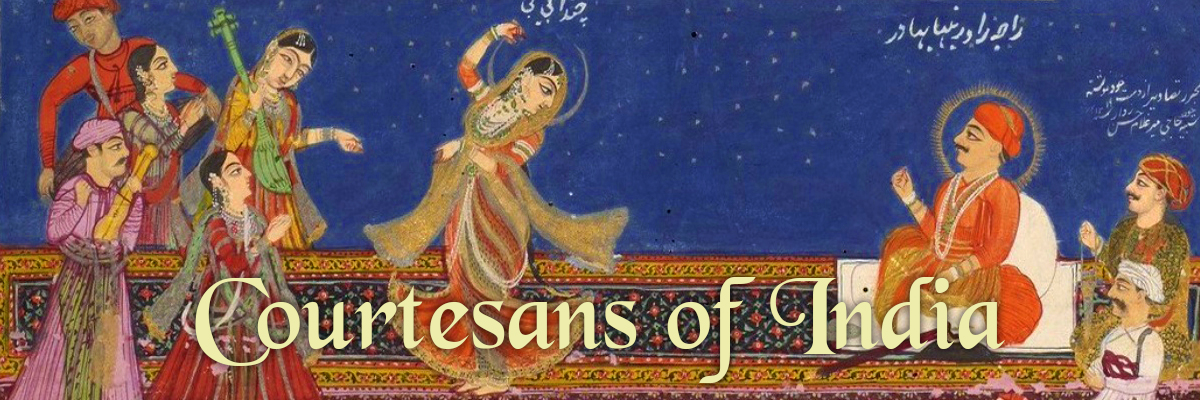This story is available for free online through the University of Wisconsin’s digital library. In ‘Anandi’, Ghulam Abbas dissects the hypocrisy of a society that hides behind a facade of self-righteousness but derives secret pleasures from what it declares taboo. Summary from Desi Writer’s Lounge.
Category: Short Stories
Abbas, K.A. “Flowers for Her Feet.” An Evening in Lucknow: Selected Stories, edited by Suresh Kohli. Harper Perennial, 2011, pp 10-35.
Summary: ‘Flowers for Her Feet’ is a short story in which the sexual exploitation of a girl is depicted. Chandra, the dancing girl is harassed and exploited by all, especially the economic elite as the rich people think that women are commodities which can be bought or sold for money.
Summary from Sahapedia.
Kipling, Rudyard. “On the City Wall.” Soldiers Three and In Black and White. Penguin, 1993. pp 153-173.
Summary:
Lalun, a beautiful and talented woman, lives and entertains along the city way of Lahore. Visited by many men, one named Wali Dad is especially friendly. Wali Dad has had an English education and feel uncomfortably places between the European and English worlds. As the story continues, the reader gets an introduction to a leader Khem Singh, someone who may disrupt British rule in India. Khem Singh has been imprisoned though, but escapes. A riot breaks out and Lalun helps an old man out of the riot through her window. She asks the narrator to assistance getting him through the city safely, and he agrees, only to later realize it is Khem Singh. He returns the man to captivity and the rebellion ceases.
Summary from Wikipedia.
Qasim, Suraiya. “Where Did She Belong?” Translated by Mohammad Vazeeruddin. Stories About the Partition of India, vol. II. Edited by Alok Bhalla. Indus, 1994, pp 109-117.
Abstract: This short story is about Munni Bai, a tawaif of unknown parentage in Lahore in the days leading up to and directly following the Partition.
Chander, Krishan. “A Prostitute’s Letter: To Pandit Jawaharlal Nehru and Qai-e-Azam Jinnah.” Translated by Haris Qadeer. River of Flesh and Other Stories: The Prostituted Woman in Indian Short Fiction, edited by Ruchira Gupta. Speaking Tiger Publishing, 2016, pp 184-190.
Abstract: This epistolary short story is written from the point of view of an unnamed sex worker and describes the plight of two girls, one Hindu and the other Muslim, both traumatized by the deaths of their families and placed into sex work following the partition of India and Pakistan.
Manto, Saadat Hasan. “A Girl from Delhi.” Mottled Dawn: Fifty Sketches and Stories of Partition. Translated by Khalid Hasan, Penguin Random House India, 2011, pp 94-100.
Abstract: This short story follows Nasim Ahktar, a Muslim Nautch girl in Delhi, and her move to Pakistan after the partition of India.
